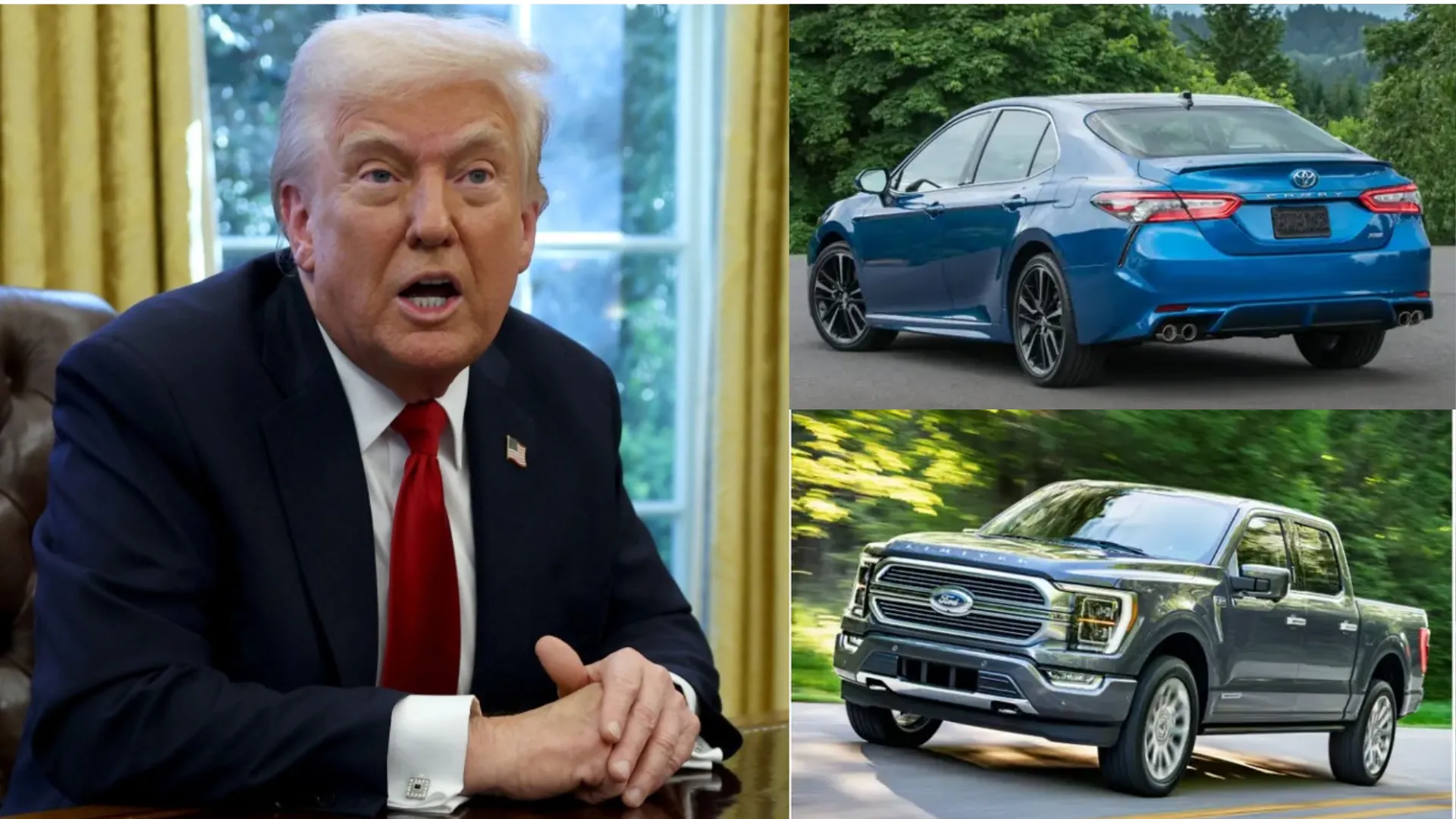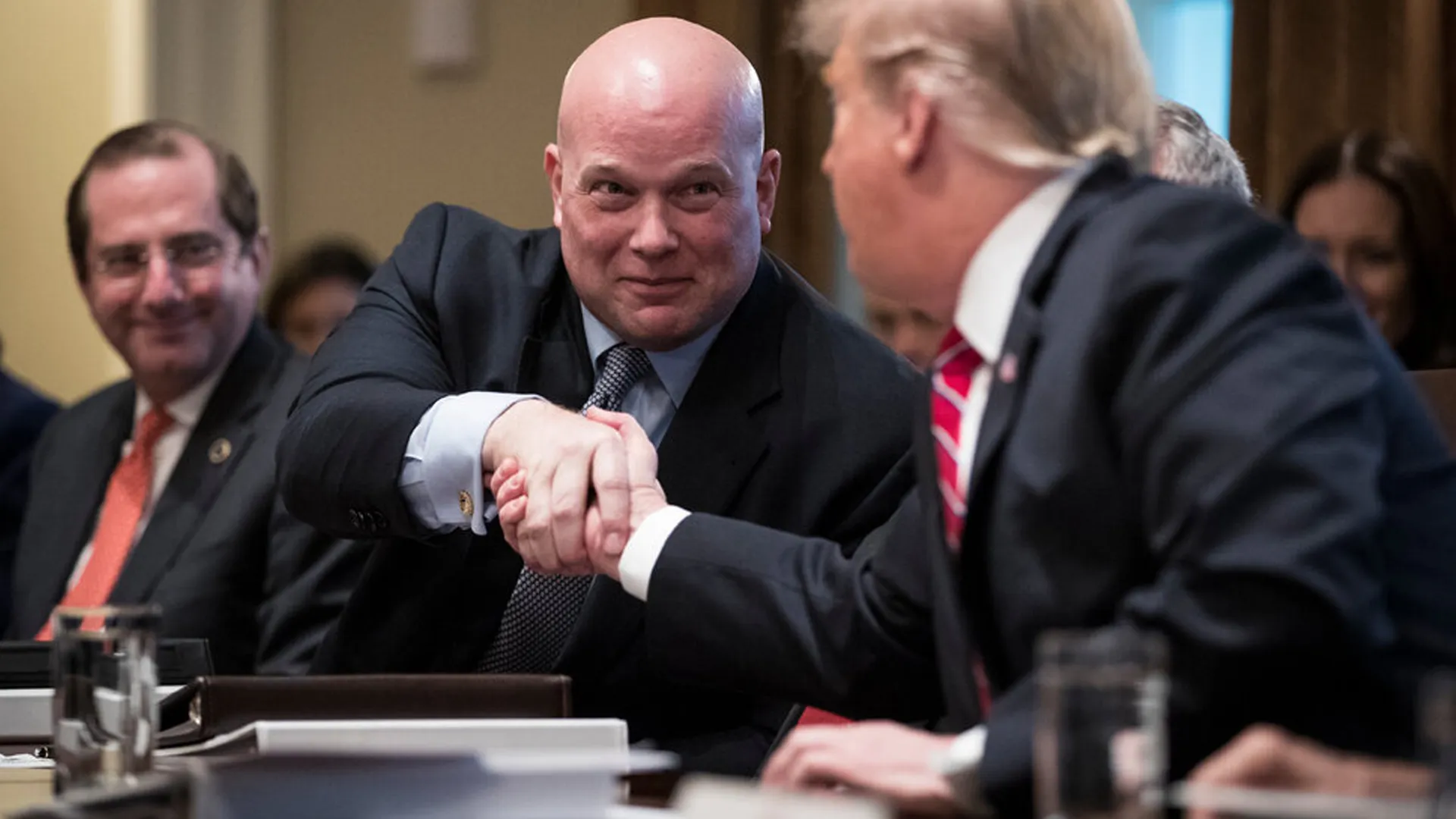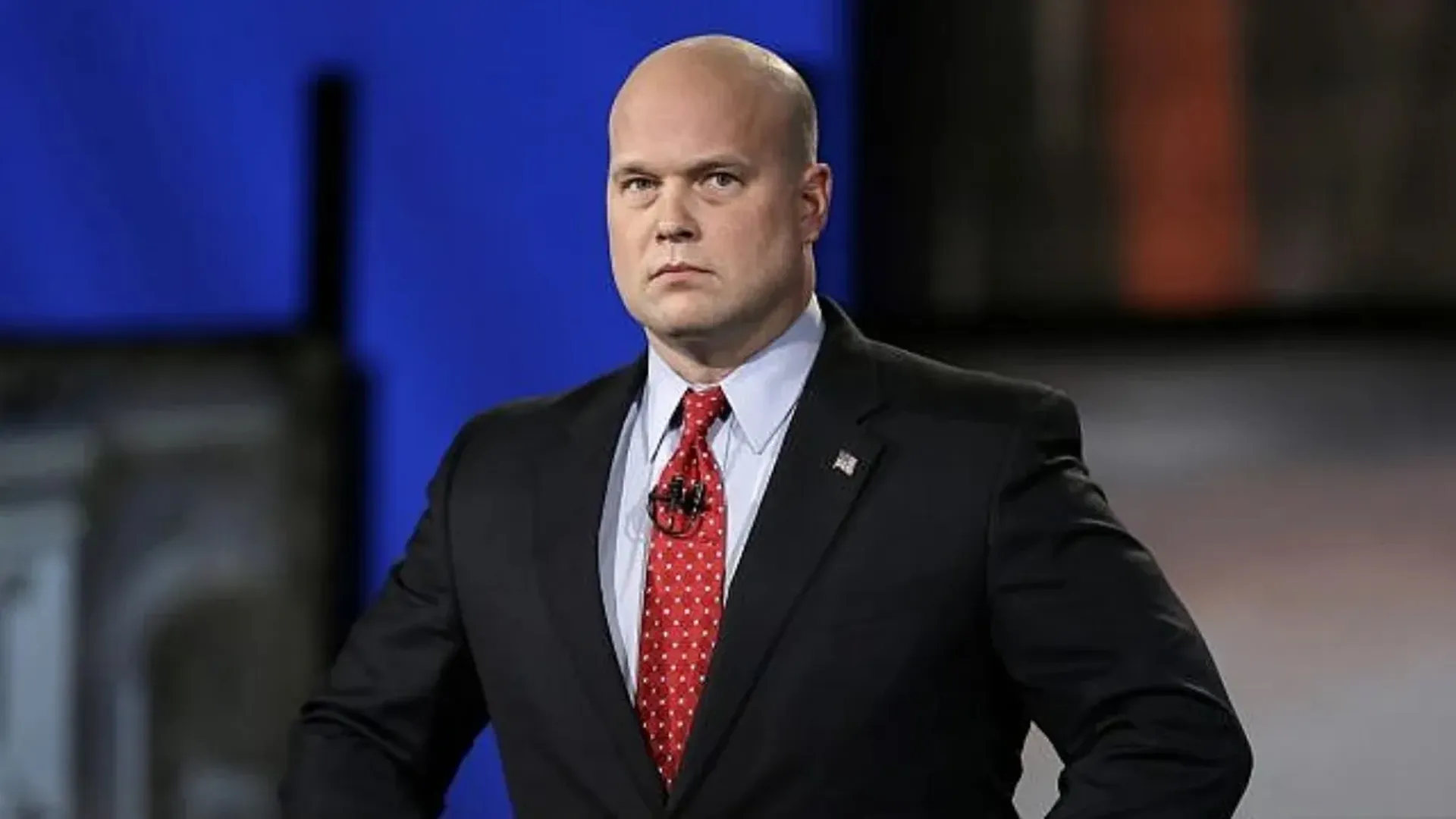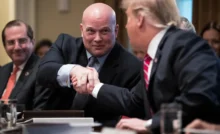U.S. President Donald Trump declared that he “couldn’t care less” whether car manufacturers increase prices when his 25% tariffs on foreign-made vehicles take effect. His remarks signal his intent to push for increased domestic car production, despite warnings from industry analysts about potential disruptions.
Analysts Warn of Economic Disruptions
Certain analysts cautioned that Donald Trump’s imposition of tariffs on companies that import cars could temporarily halt meaningful car production in the U.S., raise vehicle prices, and strain relationships with key allies. The impact of these tariffs is expected to ripple through the automotive industry and global trade partnerships.
Justification for Tariffs by Donald Trump
Over the weekend, Donald Trump indicated he would like foreign automakers to increase prices, as he believes it would drive consumers to purchase American-made cars. “People are gonna buy American-made cars. We have plenty,” he stated.
Tariffs Set to Take Effect in April
On Wednesday, Donald Trump imposed new import duties of 25% on vehicles and vehicle components arriving in the U.S. from abroad, with the measures set to take effect on April 2. Fees on companies importing vehicles will be enforced from April 3, while levies on components will begin in May or later.
A Message to Automakers by Donald Trump
When asked about his message to car executives, Donald Trump responded: “The message is congratulations, if you build your car in the United States, you’re going to make a lot of money.” He added that companies producing cars domestically would avoid tariffs altogether, potentially compelling more automakers to shift production to the U.S.
Suspension and Reinstatement of Tariffs
The 25% auto import tariff was temporarily introduced but then suspended at the beginning of March. Followed by appeals from major North American carmakers such as Ford, General Motors, and Stellantis. However, Donald Trump made it clear that he would not delay the tariffs indefinitely, stating that he would only consider negotiations if other nations offered “something of great value.”
Global Reactions and Possible Retaliation
The announcement has sparked concerns among international trade partners. Downing Street sources suggested Britain is considering retaliatory measures if an exemption is not granted. The UK is currently in last-minute negotiations with the White House. The arguement between the two parties is about that it maintains a balanced trade relationship with the U.S. Prime Minister Sir Keir Starmer has emphasized his reluctance to escalate tensions into a trade war.
Several major economies have also vowed to respond to Trump’s tariffs. Germany stated it “will not give in” and called for a firm response from Europe. France’s president criticized the move as “a waste of time” and “incoherent,” while Canada condemned it as a “direct attack.” China accused the U.S. of violating global trade regulations, signaling the potential for broader trade conflicts.
As the tariffs loom, automakers and governments alike are bracing for economic and political repercussions. The full extent of the impact remains uncertain, but the global response indicates a turbulent road ahead for international trade and the automotive sector.










